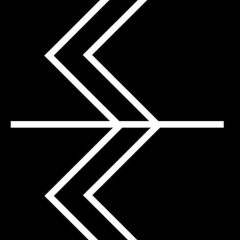Human beings are eschatological in nature. One of the consequences of overgrown egos is the ingrained belief that the world stops when we stop. Once you die, surely the world dies too. Except this isn’t true. Logically, many people understand this. But they don’t deep down, subconsciously.
We collect examples of the world ending on a daily basis. Now the “ocean is on fire.” The rainforests are perpetually on fire. Carbon in the atmosphere. Et cetera. Why do we collect these tidbits of information if we already believe the climate to have been irreparably damaged by humans? If you accept that we live in the anthropocene, why are we wallowing in our mistake? It’s not convincing anyone who doesn’t already believe in it.
It’s because there’s a melancholy pleasure in the belief that the world is ending. That’s all it is. If we were religious, we’d be collecting pictures of dead crows as proof of God’s displeasure. We’d post on social media “tfw another omen.”
This comes from an unhealthy relationship with death. Many of us don’t think about, let alone grapple with, the idea that we’re going to die. And you see it played out over and over again, how we run from these things.
I’m suggesting that a healthier, more productive way of looking at these things might be to consider our roles at this point in history. Meaning, there’s going to be a history beyond us. Instead of thinking “well, we’re fucked for my lifetime, so who cares?” we say “we have the opportunity to begin to change things for our great grandchildren.”
It might seem dark and pointless, but it’s actually the opposite.
